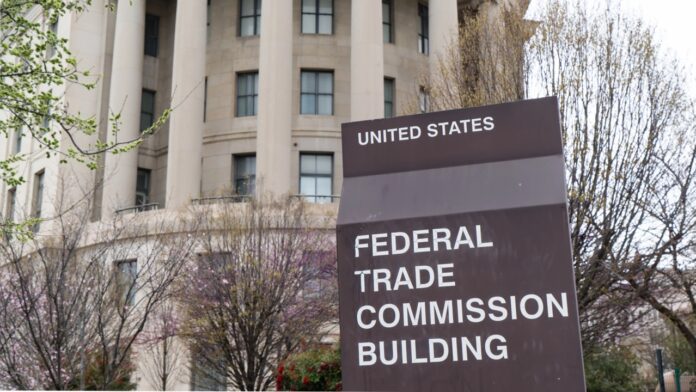Vonage made it too hard for customers to cancel service and charged excessive fees, said the agency
On Thursday, the U.S. Federal Trade Commission (FTC) announced the settlement of pending litigation against VoIP pioneer Vonage. The lawsuit accused Vonage of creating an unnecessarily difficult process for customers to cancel their service. Vonage, which was acquired by Ericsson in July, agreed to pay the FTC $100 million, which will be distributed to customers as refunds, and also agreed to change its business practices going forward.
“Since at least 2015, Vonage has failed to provide a simple method for customers to cancel their telephone services, employing a panoply of hurdles, sometimes referred to as ‘dark patterns,’ which compound to deter and prevent customers from stopping recurring charges,” said the FTC in its complaint.
The FTC said that Vonage offered customers a variety of methods to sign up for the service. Yet, Vonage restricted cancellation specifically to the sole purview of live “retention agents,” refusing to use any other method to allow customers to stop their service. What’s more, the FTC accused Vonage of deliberately making customer service numbers difficult to find and even more difficult to use. The FTC said that Vonage charged customers previously undisclosed or obfuscated early termination feeds, sometimes totaling hundreds of dollars, before cancelling the service.
Under the terms of the agreement, Vonage will pay the FTC $100 million, which will be used for customer refunds. What’s more, Vonage must implement a simple cancellation process that’s easy to find, easy to use, and available through multiple channels.
Subscribe now to get the daily newsletter from RCR Wireless News
“Vonage also must clearly explain the terms of its negative option programs up front, including an understandable explanation of what people need to do to avoid those charges, the total cost they’ll have to pay if they don’t take those steps, and a timeline for when they have to take those actions. The proposed order further requires the company to stop charging people without their express, informed consent,” said Lesley Fair, writing for the FTC’s business blog.
Fair noted that Vonage’s conduct violated the FTC Act and ROSCA, the Restore Online Shopper’s Confidence Act. ROSCA is 2010 legislation that prohibits online sellers from charging customers unless it’s clearly disclosed all charges and received consent from the customer.
The FTC settlement reflects a broader initiative by the Biden administration to crack down on so-called “junk fees” that banks and other companies charge customers, a centerpiece of recent administration talking points in the lead-up to the November midterm elections. The Consumer Financial Protection Bureau (CFPB), a federal agency created following the Great Recession, is central to the Biden administration’s efforts. Much of the initial focus and attention has been drawn to banks which charge excessive fees for overdrafts and bounced checks. But the administration’s efforts also extend to private companies that charge customers what the administration considers excessive, such as concert ticket processing fees and airline rebooking fees.
Ericsson first announced plans to acquire Vonage for $6.2 billion in 2021, touting the acquisition as fundamental to creating a cloud-focused platform centered on “open innovation” and the ability for its customers to monetize 5G in the enterprise. Ericsson’s specific interest in Vonage surrounded Vonage Communications Platform (VCP), and its efforts to build Communications Platform as a Service (CPaaS), unified communications-as-a-service (UCaaS) and contact-center-as-a-service (CCaaS) capabilities. Ericsson completed its acquisition of Vonage in July 2022, following the requisite regulatory and shareholder approvals.

